By Dr. Duane Priddy, Plastic Failure Labs
Abstract
Currently, the only antifreeze which is approved for use in CPVC fire sprinkler piping by NFPA 13 is glycerin. However, glycerin is flammable. There is a need in CPVC fire sprinkler systems for an improved antifreeze that is chemically compatible with CPVC and also is non-flammable; even better, a fire extinguishing material. There have been many failures of CPVC fire sprinkler systems due to the use of impure glycerin antifreeze.
Currently, there are multiple companies in the US that are attempting to develop a glycerin alternative antifreeze for CPVC fire sprinkler systems. One of these companies requested that Plastic Failure Labs assist in their R&D effort by developing a low-cost preliminary chemical compatibility screening test. A commercial CPVC pipe was cut into 2 inch wide rings which were used as test specimens. The rings were placed under different levels of stress and immersed in a bath of the new antifreeze. A duplicate set of stressed test rings were also immersed in pure glycerin antifreeze (44%) control for comparison. The results of the preliminary testing indicate that the new antifreeze is at least as chemically compatible with CPVC as glycerin in water.
Introduction
CPVC is incompatible with most hydrocarbon chemicals. Exceptions include those chemicals located at the extremes of the chemical polarity spectrum. On the non-polar end of the polarity spectrum lays mineral oil and at the other end lays glycerin. Most carbon-hydrogen-containing chemicals in between the polarity extreme of glycerin and mineral oil are not compatible with CPVC. Exposure of CPVC pipes and fittings to incompatible hydrocarbon chemicals results in failure called environmental stress cracking or ESC. ESC failure takes place because CPVC under stress will absorb most hydrocarbons allowing the polymer chains to become plasticized and mobile so they disentangle. Since polymer chain entanglement is one of the key factors that control the mechanical strength of plastics, chain disentanglement allows the normally ductile material to turn brittle.1
ESC is the most common cause of the failure of CPVC fire sprinkler piping. ESC is caused by the combination of two factors: stress and the presence of an incompatible chemical. Remove or eliminate either stress or an incompatible chemical from the system and ESC will not take place. Unfortunately, fire sprinkler pipes are under hoop stress from the water pressure inside the pipes so some stress is already present. Therefore the only thing required for ESC failure is the presence of an incompatible chemical…
